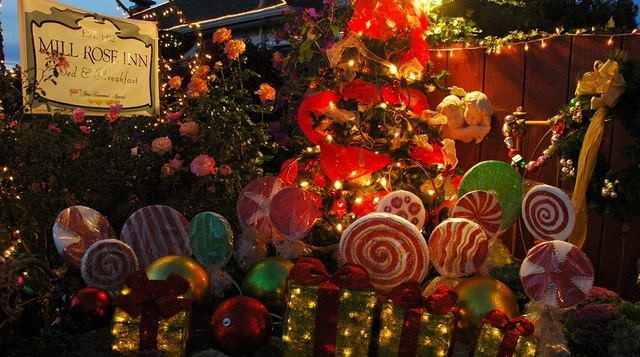
What is ethnocentrism?
Understanding Ethnocentrism
Ethnocentrism is a term that we often hear, but what does it really mean? In simple terms, ethnocentrism is the belief that one's own culture, customs, and values are superior to those of others. This belief can lead to a variety of consequences, both positive and negative. In this article, we will explore the concept of ethnocentrism in depth, examining its origins, manifestations, and effects on society. By understanding ethnocentrism, we can begin to challenge our own biases and work towards a more inclusive world.
The Origins of Ethnocentrism
Where does ethnocentrism come from? To answer this question, we must first look at the origins of human societies. Throughout history, humans have formed groups based on shared values, customs, and beliefs. These groups provided a sense of identity and security, fostering a sense of belonging and loyalty among members. However, this loyalty often came at the expense of outsiders, leading to the belief that one's own group was superior to others. This belief, in turn, formed the basis of ethnocentrism.
Manifestations of Ethnocentrism
Ethnocentrism can manifest itself in a variety of ways. Some common manifestations include:
Stereotyping
Ethnocentric individuals often make sweeping generalizations about people from other cultures, believing that they all share certain negative traits. These stereotypes can lead to discrimination and prejudice, making it difficult for people from different cultures to interact and understand one another.
Cultural Imperialism
Cultural imperialism involves the imposition of one's own culture and values on others, often through force or coercion. Ethnocentric individuals may believe that their own culture is inherently superior and that others should adopt their customs and beliefs. This mindset can lead to cultural erasure and the suppression of minority voices.
Xenophobia
Xenophobia is the fear or hatred of people from other countries or cultures. Ethnocentrism can fuel this fear, as individuals may view those from different backgrounds as threats to their own way of life.
The Positive and Negative Consequences of Ethnocentrism
While ethnocentrism often has negative consequences, it can also have positive effects. For example, a strong sense of pride and loyalty to one's own culture can foster unity and cooperation within a group. However, this unity often comes at the expense of those outside the group, leading to discrimination, prejudice, and even violence. It is important to recognize both the positive and negative aspects of ethnocentrism in order to promote a more inclusive and diverse society.
Combating Ethnocentrism
How can we challenge ethnocentrism and work towards a more inclusive world? One key strategy is to promote cultural understanding and appreciation. By learning about and celebrating the customs, values, and traditions of different cultures, we can break down barriers and foster greater empathy and understanding. Additionally, recognizing and challenging our own biases and stereotypes is crucial in overcoming ethnocentrism.
The Role of Education in Addressing Ethnocentrism
Education plays a critical role in addressing ethnocentrism. By exposing students to diverse perspectives and worldviews, educators can help to challenge stereotypes and promote a greater understanding of cultural differences. This can involve incorporating multicultural content into the curriculum, as well as fostering open and respectful discussions about race, ethnicity, and culture in the classroom.
Travel and Ethnocentrism
Travel can also be an effective way to combat ethnocentrism. By experiencing other cultures firsthand, individuals can gain a deeper understanding of the customs, values, and traditions that shape the lives of people from different backgrounds. This exposure can help to challenge biases and stereotypes, fostering a greater appreciation for cultural diversity.
Media Representation and Ethnocentrism
The media plays a significant role in shaping perceptions of different cultures. Unfortunately, media representations often perpetuate stereotypes and reinforce ethnocentric beliefs. To combat this, it is essential for media outlets to prioritize diverse representation, showcasing the experiences and perspectives of individuals from a variety of cultural backgrounds. This can help to promote a more accurate and nuanced understanding of different cultures, ultimately challenging ethnocentrism.
Conclusion
Ethnocentrism is a complex and pervasive issue that affects individuals and societies alike. By understanding its origins, manifestations, and effects, we can begin to challenge our own biases and work towards a more inclusive world. Through education, travel, and diverse media representation, we can promote cultural understanding and appreciation, fostering empathy and respect for all people, regardless of their cultural background.






